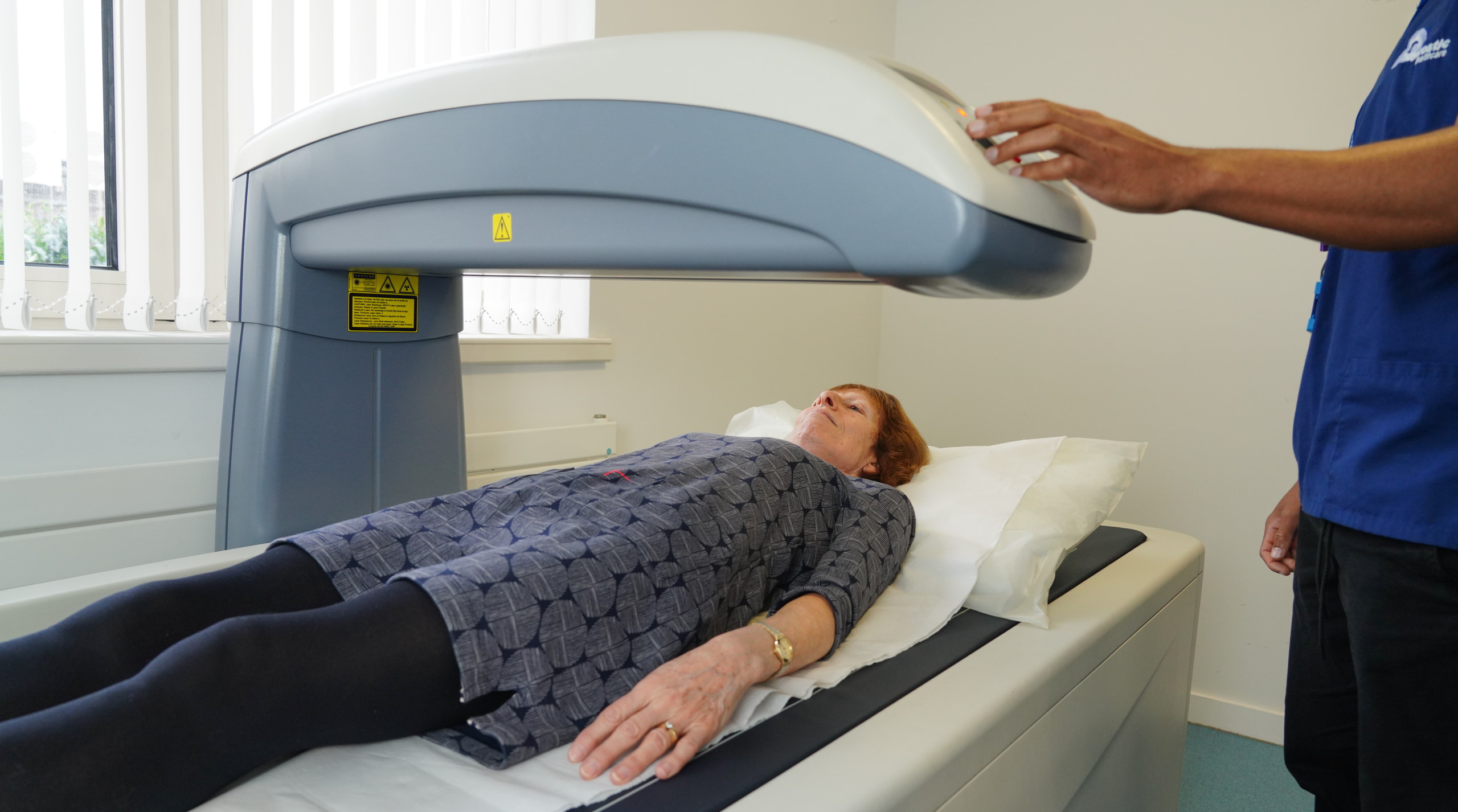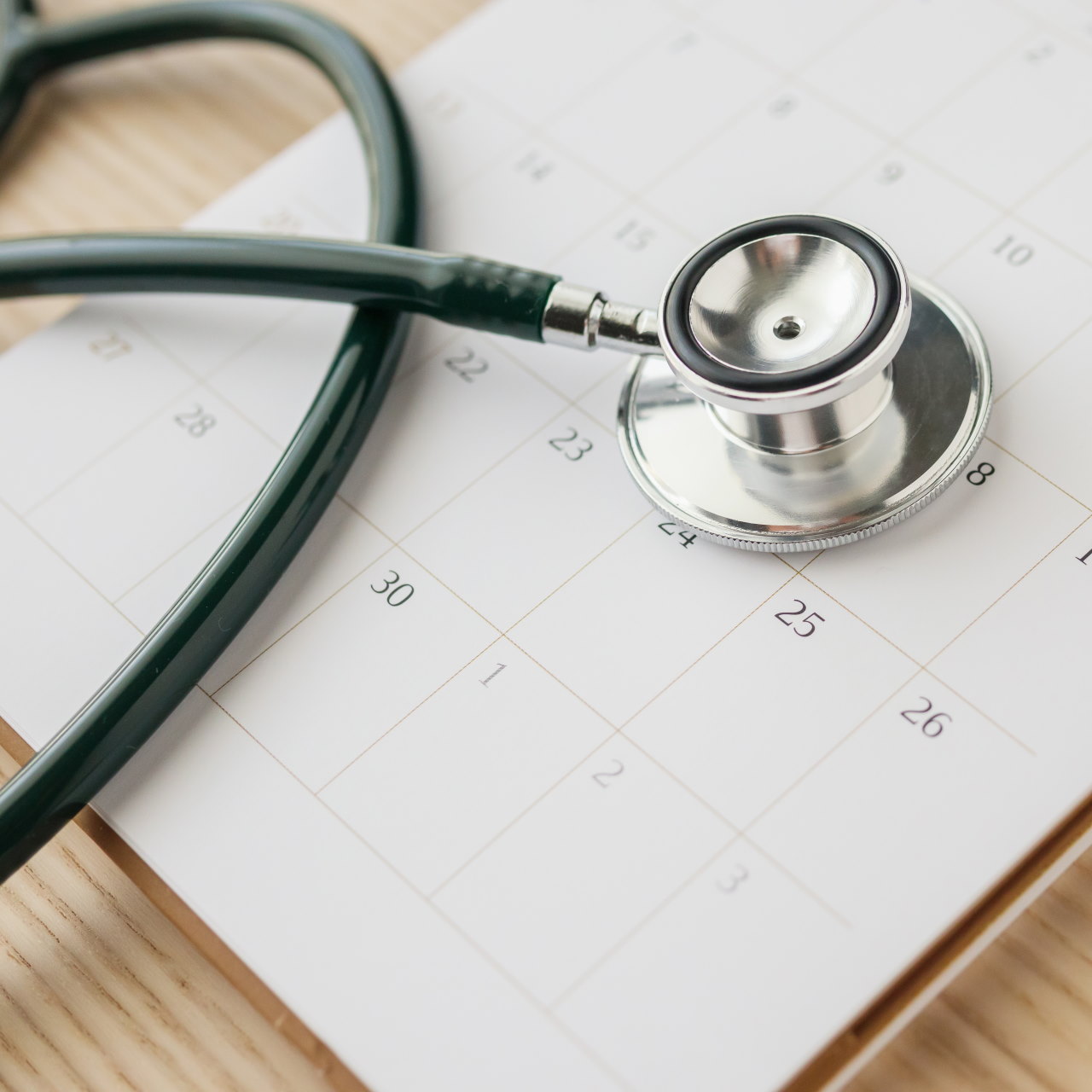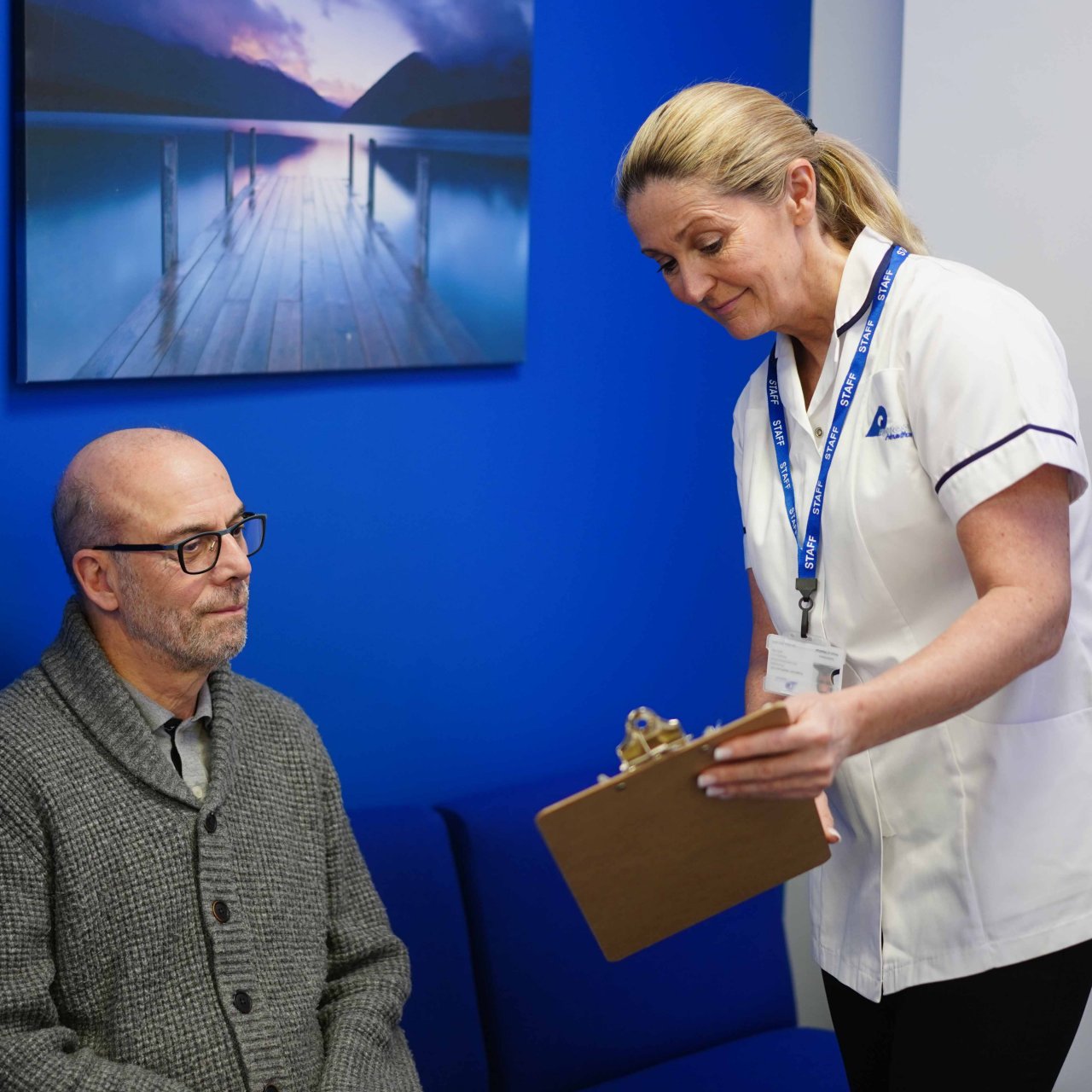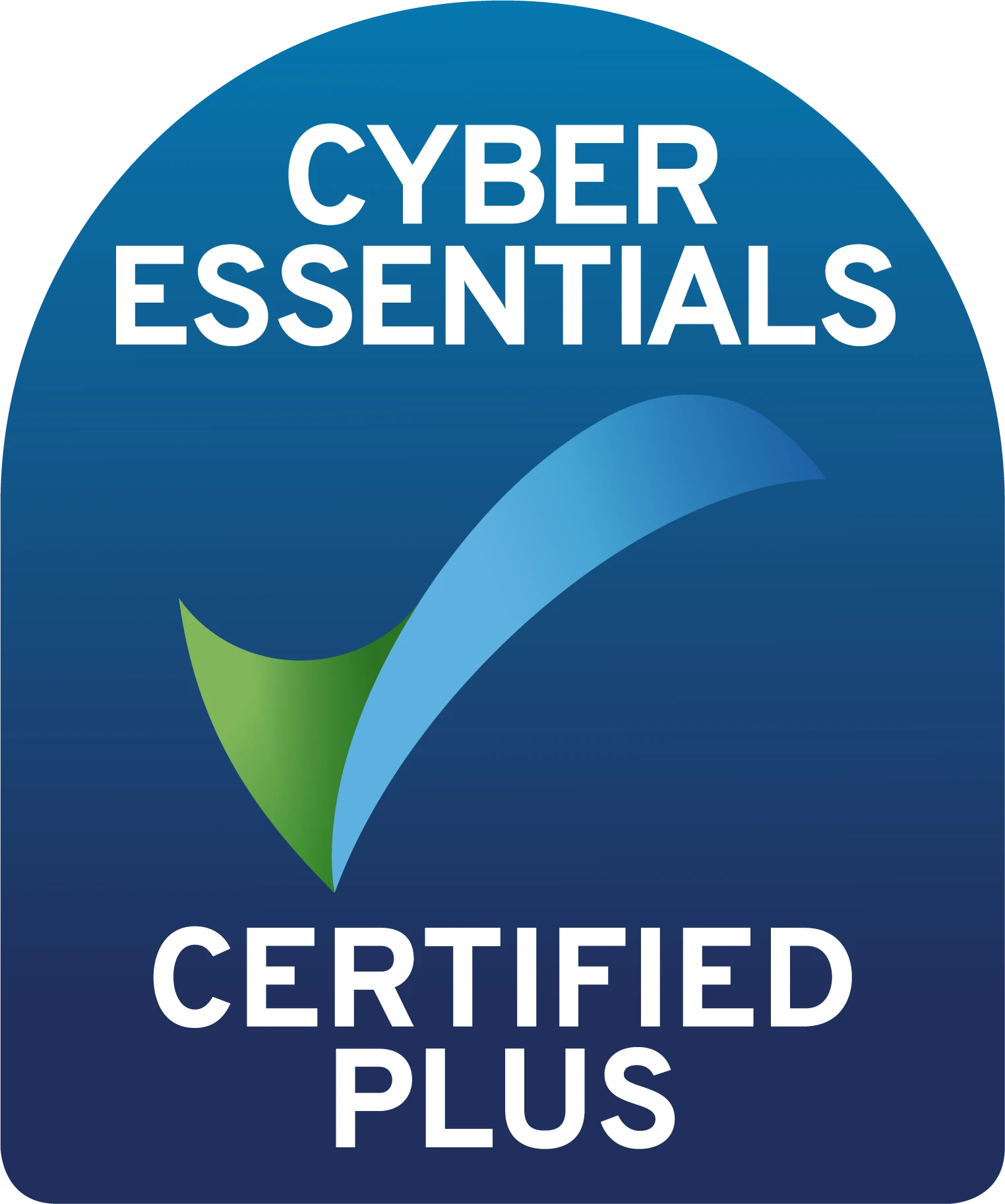Locations and Prices
Diagnostic Healthcare has key sites across the country for self-pay patientsPrices start from £160.00
What is a Bone Density Scan (DEXA/DXA Scan)?
Bone density scans (DEXA/DXA scan) are often used to diagnose and assess your risk of osteoporosis, a common condition that weakens bones and make them more likely to break.
A DEXA/DXA stands for dual energy X-ray absorptiometry. It is a high-precision type of X-ray that measures the bone mineral density and bone loss. It is considered to be a quick, sensitive and accurate test that specifically measures the density of the bones and is endorsed by the WHO (World Health Organization) as the gold standard for diagnosing osteoporosis. Those at risk need appropriate assessment of their bone fragility.
You may need a bone density scan if you are:
- Over 50 with a risk of developing osteoporosis.
- Under 50 with other risk factors such as smoking or a previous broken bone.
What preparation is required for a bone density scan?
There is no preparation required before a bone density scan. You are NOT required to fast so can eat, drink and take medications as normal.What do we need to know before the DEXA/DXA scan?
If you are pregnant, please advise your doctor and let us know. Although bone density is a safe procedure, it is not recommended for pregnant women.Please note that DEXA/DXA scans cannot be performed within 14 days of:
- Any X-ray examination which required you to have an injection of X-ray dye or a Barium Enema, Swallow or Meal.
- A CT scan which included an injection of an X-ray dye.
- Any Nuclear Medicine Scan.
If you have had any of these procedures, please contact us and we will arrange for your appointment to be booked at the proper time
What happens at the appointment and during the bone density scan?
When you arrive at our clinic for your appointment, our Radiographer will provide you with a full briefing on what will happen during your appointment. Typically, an appointment will commence with a safety questionnaire in which you will consent for the scan to go ahead. You will be asked to lie on a bed and the Radiographer will position the DEXA/DXA detectors to focus on the scanned area. The special detectors measure how much radiation passes through your bones and this information is translated and compared with the bone density of a healthy adult of your own age, gender and ethnicity.
During the scan it is important to remain still to avoid blurring of the images. Each scan lasts only a few minutes.
After the bone density scan
After the bone density scan has been completed, the images will be briefly checked to ensure that they are of
good quality and can be used to make a diagnosis.
There are no restrictions on normal activity, you can eat and drink normally, drive and return to work
immediately after the scan. The images will be sent to a Radiologist or reporting Radiographer who will analyse
them and the results will be sent to your referring doctor. This process typically takes up to two weeks.
Bone Density FAQs
The DEXA scan takes 15 to 20 minutes.
Please wear loose comfortable clothing with no metal or plastic zippers, buttons or snaps.
DEXA/DXA scans cannot be performed with 14 days of:
- Any X-ray examination which required you to have an injection of X-ray dye or a Barium Enema, Swallow or Meal.
- A CT scan which included an injection of an X-ray dye.
- Any Nuclear Medicine Scan.
If you have had any of these procedures, please contact us and we will arrange for your appointment to be booked at the proper time.
Bone density scans do not involve any dangers and have no negative impact on your health. The radiation dosage involved in these examinations is extremely low.
Bone density scans measure the level of calcium in the bone: this cannot be done with a regular X-ray. In addition, the dosage of radiation of a bone density scan is much lower than that of an X-ray scan.
DEXA stands for dual energy X-ray absorptiometry. A DEXA scan is a high-precision type of X-ray that measures the bone mineral density and bone loss. It is considered a quick, sensitive and accurate test that specifically measures the density of the bones and can diagnose the risk for osteoporosis.
The images will be sent to a Radiologist or reporting Radiographer for analyisis and the results will be sent to your referring doctor. This process typcially takes up to two weeks.
Diagnostic Healthcare delivers the service from three main sites;
Altrincham
Mansion House, 3 Bridgewater Embankment, off Manchester Road, Altrincham, WA14 4RW
Bolton
Breightmet Health Centre, Breightmet Fold Lane, Bolton, BL2 6NT
Colchester
Diagnostic Healthcare, Unit 23 Peartree Business Centre, Peartree Road, Colchester, CO3 0JN
Please call the office to check availability 0161 929 5679 / 0330 058 4142.
